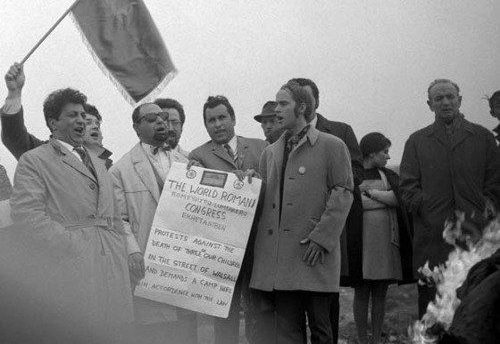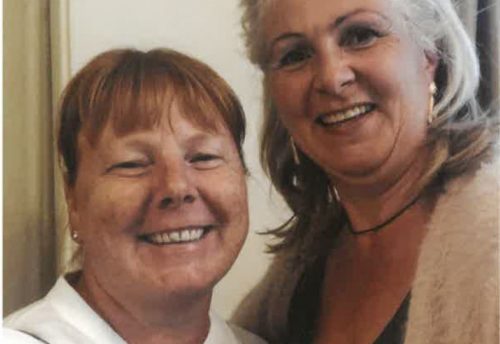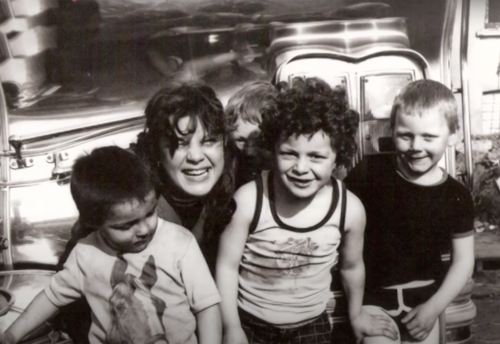Our new film highlights how the Gypsy and Traveller nomadic way of life has been eroded over many years. We wanted to show how we are people like everyone else, but how difficult it has become for us with new laws criminalising our nomadic way of life.
The film makers focused on me, my family and neighbours and how we live on our council site in Hackney. I did hesitate for a while before agreeing to take part. We’d talked about the film a lot in the office, and who should feature in it. But then I realised everyone was looking at me! I said I’d go home and think about it.
The worrying thing for me was what the reaction would be when it went out. All of us have seen My Big Fat Gypsy Wedding on Channel 4 – the sort of negative picture that can emerge. So I was thinking, if I’m going to do it, I’ve got to do it right.
But in the end, it was easy. The film makers, from On Our Radar, have made videos with other marginalised communities and understand the issues. They were keen that I didn’t feel any pressure at all. They were so relaxed when they came to the site, and we sat down and had some tea and they were raiding the biscuits, and we were chatting as I showed them around and then I realised they were taking video clips all the time. I think that’s why it came over as so natural. At the end, I said you’d better show me what you’re doing!
They asked me the questions about what I’d like to see – making the film personal to me – because I want to see change for the younger generations, to be able to travel and lead the nomadic way of life. I wanted people who viewed the film to see that we haven’t got two heads. We’re people the same as everyone else.
Of course, it’s not the same with all film makers. You have to be careful because you need to know where your interview’s going and how it will be used. I’d advise anyone from the community to get their homework done about the people who are interviewing you, and meet them at least once before going ahead.
I’d love to see more members of the community being able to stand up and represent themselves as I have, but you have to follow the right routine, and ask for advice from people who have already been down that road. It’s so easy for the media to turn around what you’ve said or put it out of context.
That’s why some of my friends and relations were worried about me being so open in the film – particularly the young ones. They were afraid that I was opening myself up to the settled community, and I’d get abuse when it went online and on social media. “How are you going to feel about it when people start trolling you on Facebook?” they said. I said: “I’m just going to keep on deleting!”
My thinking is that we’re getting abuse all our lives anyway, so I might as well rise above it. I’m going to have to take the good with the bad if I’m going to make it real.
Generally the response to the film has been very good so far. People are proud of me for doing it, saying that I come across very well. My son, who appears in the film, was defending me when people said they were worried about me taking part. He said: “That’s my Mam’s job. She’s standing up for her rights and our community.” He felt no shame in being in the film, because if was so important to him that there are stopping places for young people like him.
I’m very pleased with the end result. The first time I saw it, it was a bit of a shock seeing myself talking, but then I got really drawn in. When you look at the video, there’s nothing negative in it for people to get upset about. It’s just the truth and how we live. It’s what we want to see more of.


